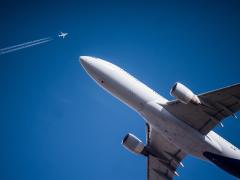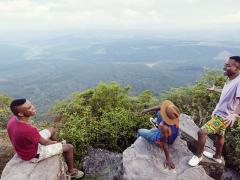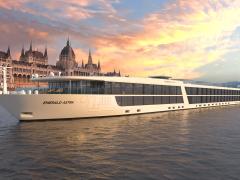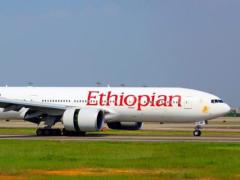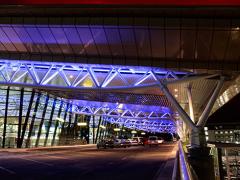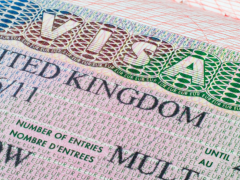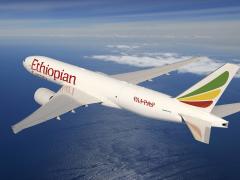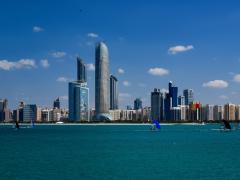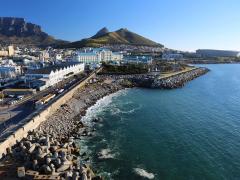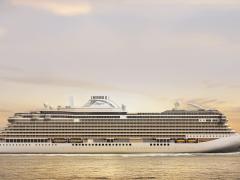The travel industry has seen an increase in a new form of hybrid travel, the workation, since the start of the COVID-19 pandemic. The trend shows no signs of slowing down, prompting tourism organisations to adapt to this new breed of traveller.
Workationers, bleisure travellers and digital nomads
A 2023 study by Mona Bassyiouny and Maximiliane Wilesmann titled Going on workation – Is tourism research ready to take off? Exploring an emerging phenomenon of hybrid tourism, clarifies the distinction between workationers, digital nomads, and bleisure travellers.
Unlike digital nomads who craft a lifestyle of travel and remote work, workationers see themselves as employees with a set travel timeframe. A workation is a short- to medium-term leisure vacation where travellers bring their work and work remotely. This also differs from bleisure travel, where business travellers extend work trips for leisure activities.
“Apart from the COVID-19 pandemic, remote work models, a mobile workforce, and location-independent jobs are the driving forces behind this new hybrid tourism format,” the study reveals.
“This is definitely a growing trend in the industry,” said Kerith Hulme, travel adviser at Travel Counsellors.
“I have five clients taking a workation right now and I did it myself not long ago. Since COVID, people have realised that they can work remotely. After the pandemic, when travel increased, I have seen more clients wanting to go on workations,” she added. “Sometimes people just need a change in scenery and want to work somewhere beautiful.”
Catering for the workationer
In response to this type of tourism, cruises and resorts have taken the initiative to provide amenities for these travellers. Earlier this month, Virgin Voyages announced a month-long cruise for passengers who want to work remotely while cruising the Mediterranean. The cruise promises premium WiFi and daily coffee credits to keep passengers productive.
Similarly, Phuket’s Trisara resort also announced a special package for workationers this month. The ‘stay longer, save more’ package includes daily breakfast and access to outdoor activities as well as wellbeing credits that can be redeemed on spa packages, yoga and meditation.
“Trisara offers the quintessential workation experience,” said Kittisak Pattamasaevi, CEO of the Montara Hospitality Group, which owns Trisara. “It provides the perfect backdrop for focused work and rejuvenating relaxation.”
According to Times Now, a tourism department official in India has also recently announced the future opening of co-working spaces for tourists on the beaches of Goa. State Tourism Secretary Sanjeev Ahuja announced the plan at ITB Berlin, and work on the spaces at Morjim and Ashwem beaches is already under way.
Closer to home, Garnet Basson, COO of The Capital Hotels, Apartments & Resorts, shared with Travel News the steps the South African-based hotel group is taking to offer new amenities to cater for this new kind of traveller.
“The hospitality industry changed so much after COVID, although nobody likes to say the C word any more. But if you don’t adapt then you will be the odd one out,” he said.
According to Basson, the hospitality industry has seen multiple new trends in recent years combining flexible work with travel.
“First there was bleisure, then there were staycations and now there are workations. There is a trend of people want to work while in a relaxing environment,” he said.
Basson said The Capital Hotels, Apartments & Resorts had responded to this increasing demand by offering co-working facilities for leisure travellers on working holidays.
“The Capital has opened a Club Lounge in the reception of the Zimbali hotel in Durban. Similar to an airport lounge, it has spaces for people to work at various desks and on couches. It also has soundproof ‘Zoom pods’ for guests to make video calls,” he explained, “and these are available at our leisure resorts so it is specifically for people who are travelling for leisure.”
Basson added that these same facilities could also be found at the Capital’s properties in Cape Town.
“We are taking this trend seriously,” he concluded.

